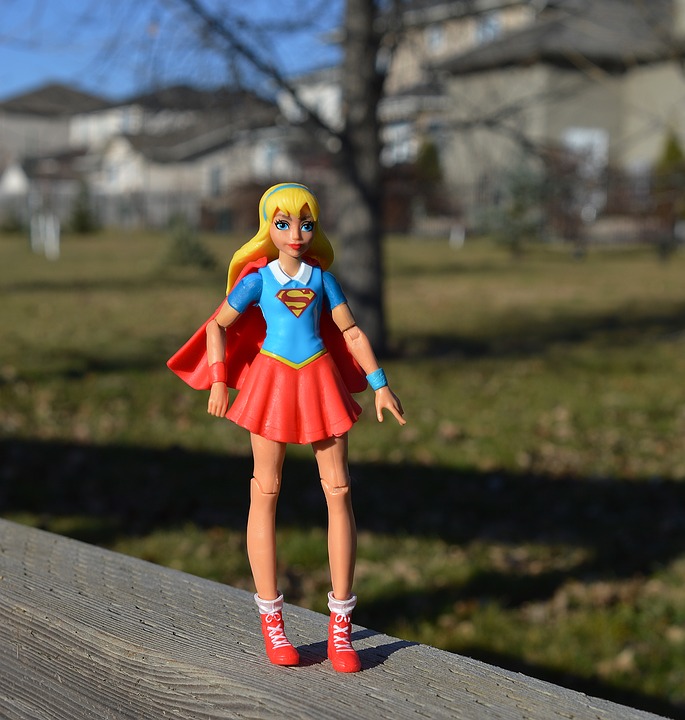If atheism means not believing in the existence of deities and feminism can be defined as “a collection of movements aimed at defining, establishing, and defending equal political, economic, and social rights and equal opportunities for women,” then how might they blend into a cooperative relationship? They both care for and support the needs of human beings, male and female.
Both groups have fought for the rights of women and young girls who have been forced into entering a plural marriage. Polygamy is still practiced in some American fundamentalist offshoots of the Latter Day Saints despite the fact that it is illegal in all 50 states.
Views on Abortion
While a few religious groups, such as some less-than-fundamentalist Christians and some Hindus, accept abortion only as a medical necessity, most outright ban it. Even though “Hinduism is generally opposed to abortion except where it is necessary to save the mother’s life, and that classic Hindu texts are strongly opposed to abortion; one text compares abortion to the killing of a priest, another text considers abortion as a worse sin than killing one’s parents.”
The Catholic Church is against it no matter what the circumstances involved, as is the Quiverfull movement of the Protestant Church. According to Judaism, “the decision of whether or not to get an abortion and whether or not to use birth control (and what kind) should be decided by a rabbi rather than the woman herself, and that in Orthodox Judaism all women are expected to marry and have children whether they want to or not.”
In almost all religions women are not allowed to enter into any type of priesthood.
 Women can become nuns but cannot achieve a “higher goal.”
Women can become nuns but cannot achieve a “higher goal.”
Violent tragedies have been another goal to curb by people who act as atheist feminists. One such tragedy happened in Saudi Arabia in 2002. A fire broke out in a girls’ school and the “morality police” refused to let any of the girls leave until they put their headscarves and abayas back on before leaving the building. Fifteen girls died that day. In a different location, in 2001, 13-year-old Bariya Ibrahim was lashed repeatedly with a cane because her father had pimped her out and she became pregnant. All of this in the name of Islam.
Even though the sati, a Hindu religious practice, is illegal, Hindu widows still throw themselves upon their husbands’ funeral pyres. It is not clear just how much of this is forced by the relatives or the community, but the fact remains that it still happens.
If an Islamic woman is raped no one will believe her. Her attacker has to confess or four male eyewitnesses have to testify that she was indeed raped. Otherwise, under sharia law, the woman bringing the charge of rape may be found guilty of fornication or adultery, and she will have to suffer 100 lashes (Sura 24:1-3). Some Muslim countries still follow the sharia law to stone an adulterous woman to death.
Social injustices happen everywhere in the name of any deity followed. Atheist feminists are not the only ones to speak out against them, but they shout very loudly about them.






